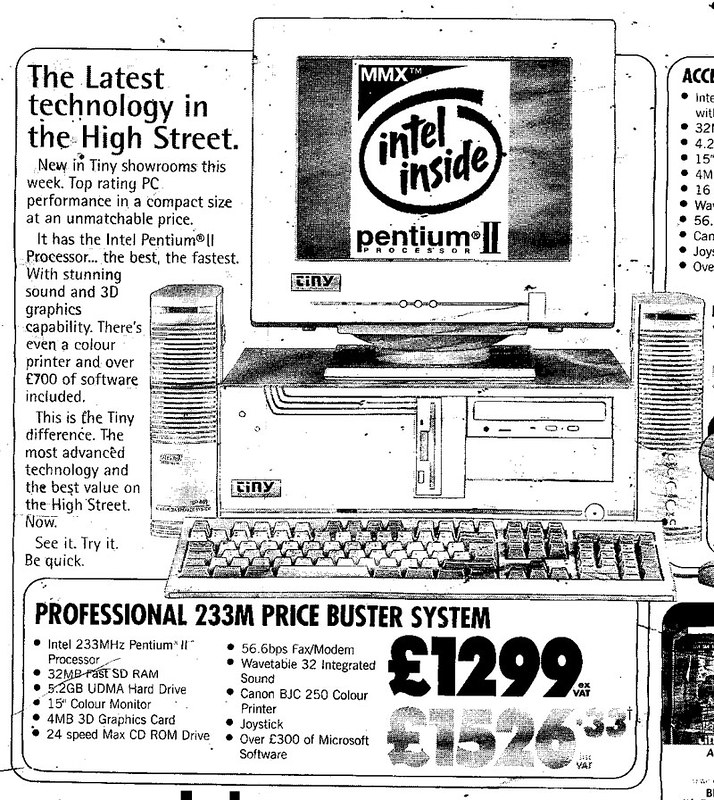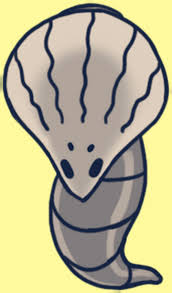Started in the 90s was wildly successful at selling home computers to the UK public. However the company went into administration in 2002 due to the inability to sell anymore computers because well... No one needed a new computer. (Capitalism is an efficient system)
I remember playing age of empires on one of these things.
I sort of wonder why the Dells and HPs of the world outlasted the second-tier manufacturers like Tiny.
They seem to do a lot more custom engineering (custom cases, bespoke mainboards and PSUs, weird designs to skimp on cooling or power delivery), but even at the "we're ordering an entire shipping container of boards" level is that really cheaper overall than just taking an off-the-shelf mainboard or case and outting your own sticker on it?
I think it was largely that Dell and HP could enter the business market by selling units cheaper in bulk where Tiny only ever really existed in home computing. Most Tiny PC's were good for checking email and installing AOL bloatware up until the end of XP where vista and win 7 pushed people to buy new devices. By then it was too late for Tiny and Dell/HP had sold laptops and desktops to basically every school and business in the country even unseating IBMs dominance.
Its actually quite hard to find much info about Tiny online. The most i can find in a writeup is that "sales dropped" and that was about it.
Nobody needed a new computer in 2002? Just after the release of Windows XP?
Their PCs for general home computing lasted at least until the late XP and vista era. Our one saw 95, 98, ME and XP before it finally got replaced with a Dell.
Their kit was decent and partially upgradable which is why they saw quite a long lifespan. But Dell/HP took over pretty quickly releasing smaller and cheaper devices to schools and businesses which was a market Tiny never managed to enter afaik. Commercial areas were dominated by IBM devices at the time then switching to Dell/HP. The home market was never really that lucrative since home users rarely replace computers unlike businesses who throw them into landfill for fun.
It did but it could still check email and thats as far as most people would go. I don't have any distinct memories of how well the PC performed but i do remember waiting literal hours for age of empires to install.
Also the full Tiny home PC kit was like £1000 back then which was A LOT of money so many people were reluctant to replace. Also the concept of replacing tech for upgrades wasn't even established in the general concious yet as it was more common to use something till it breaks.
Show
A machine that started on 95 wouldn't even have any USB ports.
I'd sooner believe that they failed because of trying to just serve the small and irrelevant UK market than because people just didn't need new computers in 2002.
You say this but I was still using floppies in the early 2000s and didn't really start using USB until i got my "vista ready" laptop in 2007. The mouse and keyboard outlasted the Tiny PC as well staying until they basically dissolved. Even the printer stuck around for a while until it became unusable
But yes also not expanding outside the UK market didn't help at all

